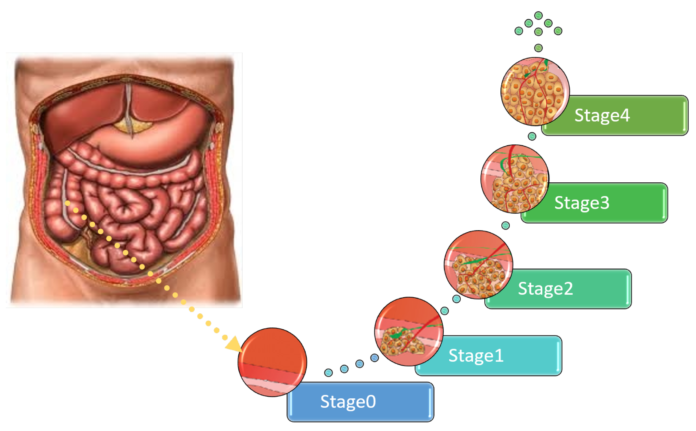
Colon cancer is one of the leading causes of cancer-related deaths worldwide, with early detection being crucial for successful treatment. In recent years, there have been significant advancements in the way colon cancer is diagnosed and treated, with new testing methods playing a key role in improving outcomes for patients. Understanding the latest testing methods is crucial for both patients and healthcare professionals in the fight against this deadly disease.
One of the game-changers in colon cancer diagnosis is the development and widespread use of genetic testing. Genetic testing, also known as molecular testing, is a highly advanced method of analyzing the genetic material of a cancerous tumor. This can provide valuable insights into the specific mutations and genetic alterations that are driving the growth of the tumor. By identifying these genetic changes, healthcare professionals are better equipped to tailor treatment plans to the individual patient, resulting in more targeted and effective therapies.
One of the most widely used genetic testing methods in colon cancer diagnosis is next-generation sequencing (NGS). NGS allows for the simultaneous analysis of multiple genes, providing a comprehensive overview of the genetic landscape of the tumor. This can be invaluable in determining the best treatment approach for each patient, as well as identifying potential genetic predispositions and underlying causes of the cancer.
Another cutting-edge testing method in colon cancer diagnosis is liquid biopsy. Liquid biopsy is a non-invasive procedure that involves the analysis of blood samples for circulating tumor DNA (ctDNA). This approach allows for the detection of genetic mutations and other molecular markers associated with the tumor, providing valuable information about the cancer’s progression and response to treatment. Liquid biopsy has the potential to revolutionize the way colon cancer is monitored, offering a less invasive and more convenient alternative to traditional tissue biopsies.
In addition to genetic testing, imaging techniques have also seen significant advancements in the field of colon cancer diagnosis. One of the most notable developments is the use of positron emission tomography (PET) scans in combination with computed tomography (CT) scans. PET-CT scans can provide detailed images of the body’s tissues and organs, allowing for the detection and localization of cancerous lesions. This can be particularly useful in determining the stage of the cancer and planning the most appropriate treatment approach.
Furthermore, advancements in artificial intelligence (AI) have led to the development of sophisticated computer-aided diagnostic tools for colon cancer. These AI-based systems can analyze medical imaging and pathology data to assist healthcare professionals in the detection and characterization of cancerous lesions. By harnessing the power of AI, healthcare providers can make more accurate and timely diagnoses, leading to improved patient outcomes.
Understanding the latest testing methods in colon cancer diagnosis is essential for both patients and healthcare professionals. For patients, staying informed about the available testing options can help them make more informed decisions about their care and treatment. For healthcare professionals, keeping abreast of the latest developments in diagnostic testing is crucial for providing the best possible care to their patients.
Moreover, the development of novel testing methods for colon cancer is paving the way for personalized medicine approaches. Personalized medicine takes into account the unique genetic and molecular characteristics of each patient’s tumor, allowing for tailored treatment plans that are more likely to be effective. This represents a significant shift from the traditional one-size-fits-all approach to cancer treatment, offering new hope for improved outcomes and better quality of life for patients.
In conclusion, the latest testing methods in colon cancer diagnosis represent a game-changer in the fight against this deadly disease. From genetic testing and liquid biopsy to advanced imaging techniques and artificial intelligence, these innovative approaches are revolutionizing the way colon cancer is diagnosed and treated. By understanding and embracing these advancements, patients and healthcare professionals can work together to improve outcomes and ultimately save lives. It is crucial that we continue to support and invest in further research and development in this field, with the goal of achieving earlier detection, more personalized treatment, and ultimately, a cure for colon cancer.

















